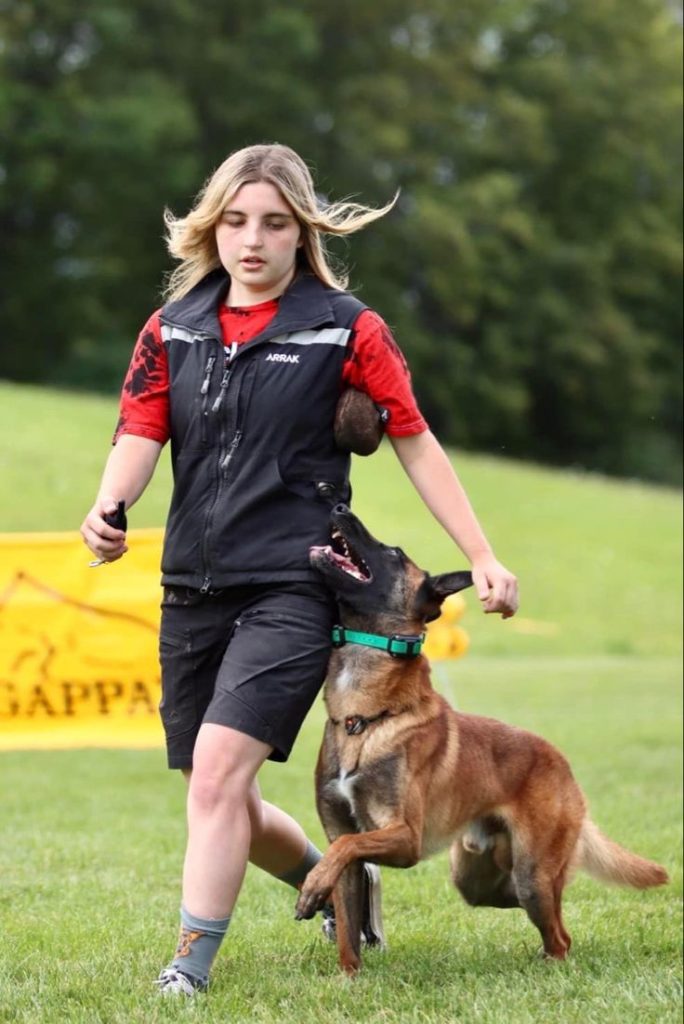Even in the glamorous confines of Beverly Hills, dogs can present challenging behaviors. From severe separation anxiety stemming from lavish but solitary lifestyles to reactivity on crowded sidewalks, or even aggression rooted in past trauma, “difficult” dogs require a specialized approach. The top dog trainers in Beverly Hills distinguish themselves not just by their ability to teach basic commands, but by their expertise in rehabilitating these complex cases with patience, precision, and a deep understanding of canine psychology.
Understanding “Difficult” Behaviors
Before addressing how these behaviors are handled, it’s crucial to define what constitutes a “difficult” dog from a training perspective. These aren’t simply disobedient pets; they are often dogs exhibiting behaviors driven by underlying emotional states, genetics, or environmental factors. Common challenging behaviors include:
- Aggression: Towards humans, other dogs, or specific triggers (e.g., resource guarding, territorial aggression).
- Severe Anxiety: Such as extreme separation anxiety, generalized anxiety, or noise phobias.
- Reactivity: Excessive barking, lunging, or growling at stimuli like other dogs, people, or vehicles, often stemming from fear or frustration.
- Fear-Based Behaviors: Extreme shyness, withdrawal, or panic in new situations or around unfamiliar people/objects.
- Compulsive Behaviors: Repetitive actions like tail chasing, excessive licking, or shadow chasing.
These behaviors are rarely “naughty” by choice; they are often a dog’s way of coping with stress, fear, or unmet needs.
The Specialized Approach of Elite Trainers
Top dog trainers in Beverly Hills employ a multi-faceted and highly individualized approach when working with difficult dogs, moving beyond standard obedience to comprehensive behavior modification.
1. In-Depth Behavioral Assessment
The first and most critical step is a thorough assessment. This goes far beyond a typical consultation. Elite trainers will:
- Observe in Context: They observe the dog in its natural environment (the home, local park, specific triggers) to understand when and why the behavior occurs.
- Gather Comprehensive History: They delve into the dog’s background, including breed, health history, past traumas, daily routine, and the owner’s interactions.
- Identify Triggers and Motivations: The goal is to pinpoint what causes the behavior and what the dog gains from it. Is aggression driven by fear or a desire for space? Is barking a plea for attention or a territorial warning?
2. Humane, Science-Based Methodologies
The most trusted trainers in Beverly Hills strictly adhere to humane, science-based methods, even with the most challenging cases.
- Positive Reinforcement (R+): This remains the foundation. Instead of punishing unwanted behaviors, trainers focus on reinforcing desired alternatives. For example, teaching a reactive dog to look at the owner instead of barking at another dog, and rewarding that calm attention.
- Counter-Conditioning and Desensitization: For fear and anxiety, trainers systematically expose the dog to triggers at a low intensity while creating positive associations. A reactive dog might be gradually exposed to other dogs from a safe distance, paired with high-value treats, slowly changing its emotional response.
- Management Strategies: Before behavior can change, it must be managed. This involves setting up the environment to prevent the dog from practicing unwanted behaviors (e.g., using gates, leashes, or avoiding certain situations) to ensure safety and allow for successful training.
- No Aversive Tools: Top trainers avoid shock collars, prong collars, and other tools that rely on pain or fear. These can suppress behavior in the short term but often exacerbate underlying anxiety or aggression, damaging the dog-owner bond.
3. Owner Education and Empowerment
Working with a difficult dog is a team effort. Elite trainers dedicate significant time to educating and empowering the owner.
- Understanding Canine Communication: Owners learn to read their dog’s body language and understand the signals their dog is sending.
- Consistent Application: Trainers teach owners how to consistently apply techniques, manage the environment, and reinforce desired behaviors in daily life. This consistency is paramount for long-term success.
- Patience and Realistic Expectations: Trainers help owners understand that behavior modification is a process, not a quick fix. They set realistic expectations and provide ongoing support through plateaus and setbacks.
4. Collaboration with Veterinary Professionals
For complex behavioral issues, particularly those with a potential medical component (e.g., pain-induced aggression, anxiety disorders), top trainers often collaborate with veterinarians or veterinary behaviorists. This ensures a holistic approach that considers both behavioral and physiological factors.
The Outcome: A More Balanced Life
While handling a “difficult” dog is never easy, the top trainers in Beverly Hills provide the expertise, patience, and humane strategies necessary for transformation. Their personalized programs aim not just to suppress unwanted behaviors, but to help dogs feel safer, more confident, and better equipped to navigate their world, ultimately leading to a more harmonious and joyful life for both pet and owner in the unique environment of Beverly Hills.

